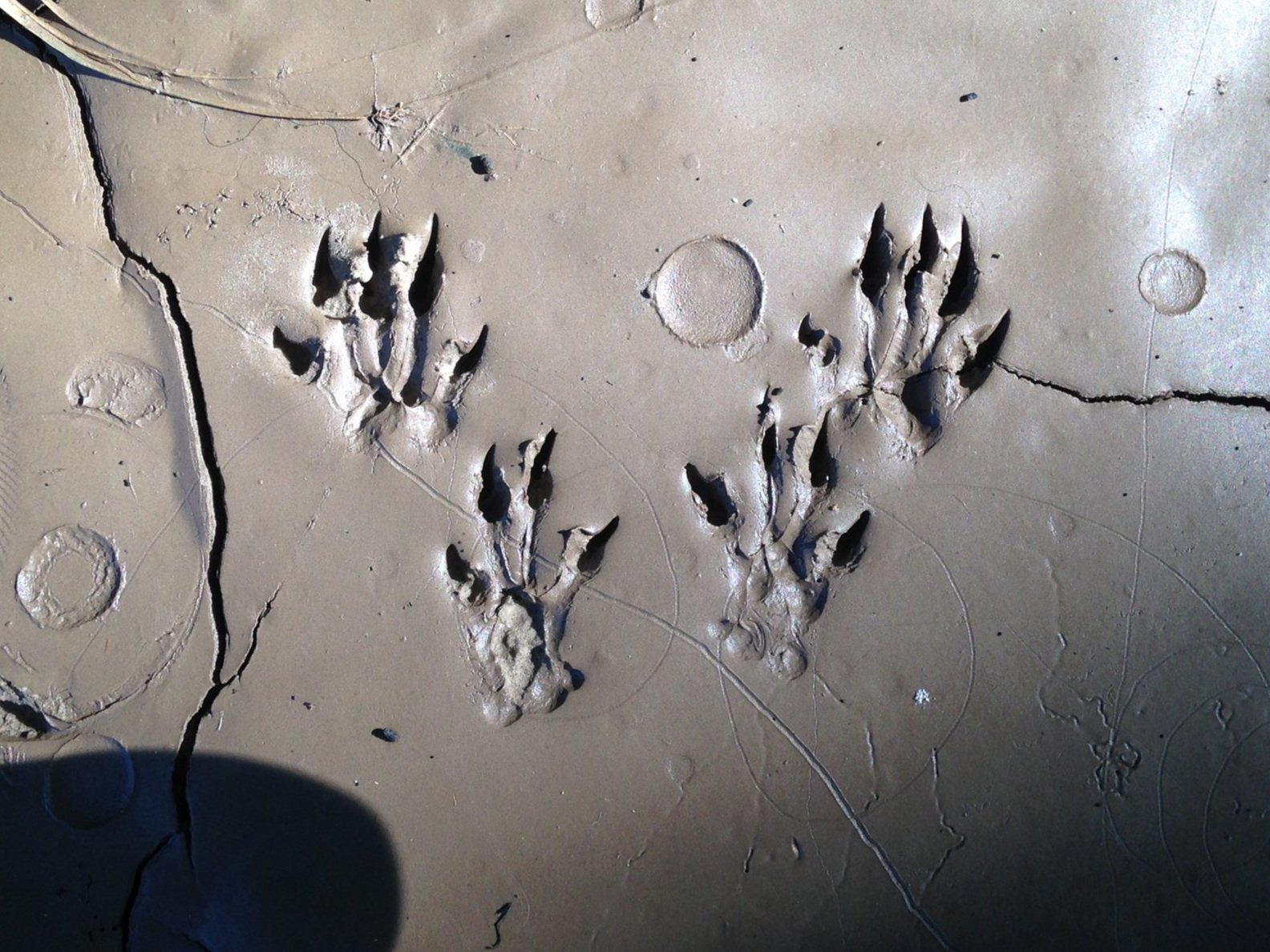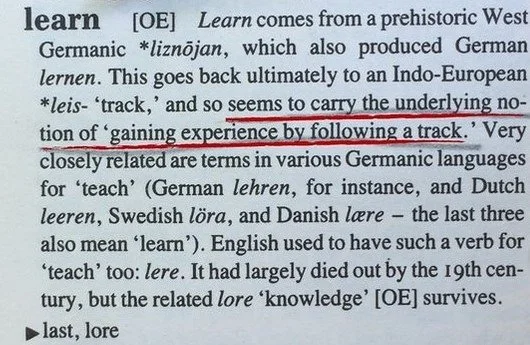Learning Tracking Lore
Learn : \ ˈlərn \ verb : to gain knowledge of or skill in by study, experience, or being taught.
Track : \ ˈtrak \ noun : a mark or marks left by a person, animal or thing in passing. verb : to follow the tracks or traces of.
Lore : \ ˈlȯr \ noun : a body of traditions and knowledge on a subject or held by a particular group.
I have many things close to my heart, and I am lucky that through the “to know the land” project I get to explore most of them. Three magical threads which braid together very well are myth, tracking, and learning. I am always trying to write blog posts for myself as a way to practice doing the research of what I am seeing out on the trail. I get a sort of fixation going when I am writing, story telling, about what I saw while tracking and I need to learn more about it. Blogging is the impetus and excuse to be so focused on studying.
Storytelling requires good language, poetic language to describe the places where the events are unfolding. I find there is a lot of magic within the English language and we can really crack it open when we look at the roots of words and where they come from. While I am not the most proficient at this, I am usually practicing when I tell stories. Take the word “gossamer” for example. The definition according to the Oxford Canadian Dictionary are “1. a filmy substance of small spider’s webs. 2. delicate flimsy material. 3. a thread of gossamer.” The root of the word gossamer is “goose-summer” meaning that point in the year when the Geese begin to fly, the mists hang in the air, and the light on the horizon is low because the angle of the earth to the sun, so the spider silk is more visible in the misty mornings.
When we understand the language better, when we understand the stories and the lore of the people who contributed to that language, we begin to see that the folks before us understood and likely held dear traditions and connections to the land, of knowing the movement and habits of different animals at different times of the year. They tracked the world and made story of it, sang it into speech and that appreciation and knowing is carried on in our everyday.
I bring up the lore of language, the stories embedded within the words we use because stories can teach us how to be in good relationships with the world. We learn from stories. The lore can lead us to intimate awareness of life around us, the same way that tracking can.
Learn [OE] Learn comes from a prehistoric West Germanic *liznojan, which also produced German lernen. This goes back ultimately to an Indo-European *leis- ‘track,’ and so seems to carry the underlying notion of ‘gaining experience by following a track.’
from Dictionary of Word Origins by John Ayto



